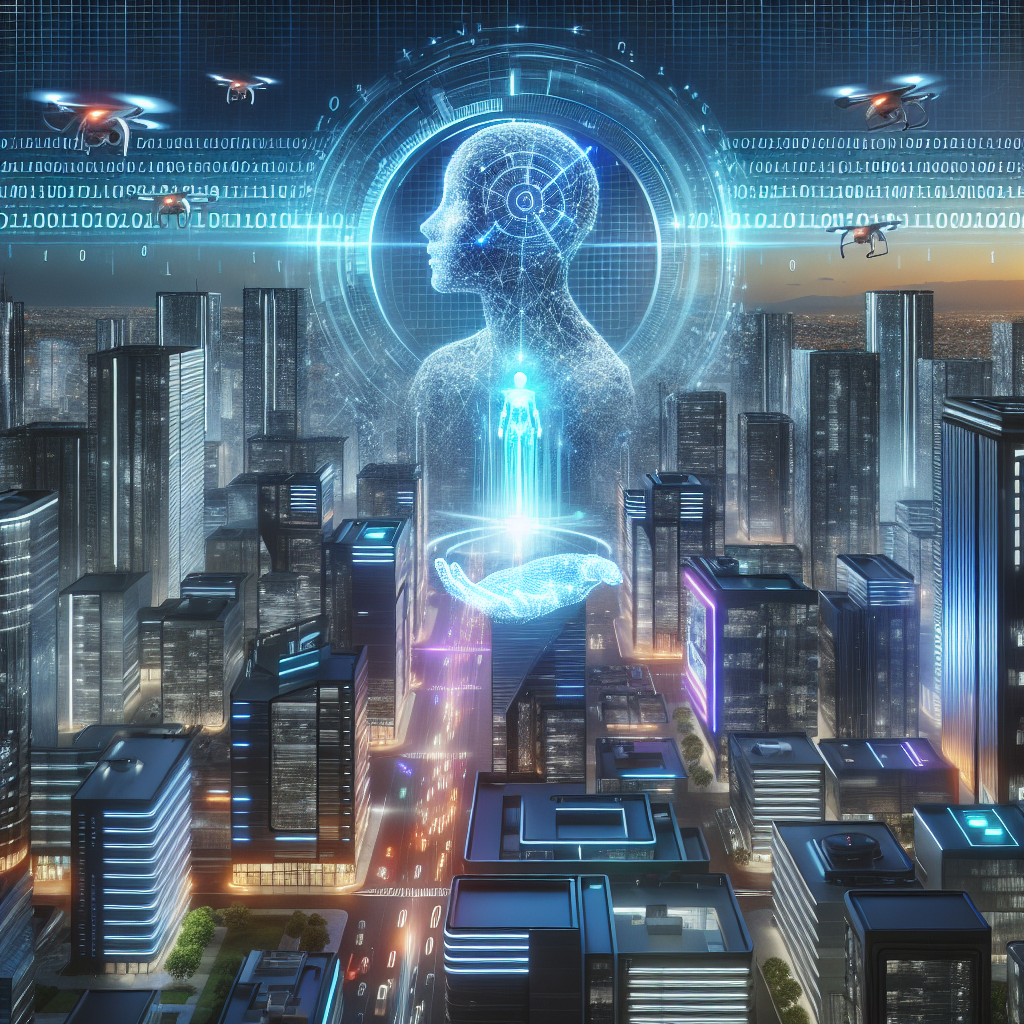Artificial Intelligence (AI) has swiftly evolved from a futuristic idea to a crucial element of our daily lives, influencing various sectors and changing how we live, work, and connect. This article delves into some of the revolutionary innovations driven by AI and their significant effects on our world.
The Progression of AI
The journey of AI began in the mid-20th century, but recent breakthroughs have advanced its abilities to remarkable levels. Innovations in machine learning, natural language processing, and computer vision are just a few domains where AI is making a substantial impact. This progress can be credited to the synergy of extensive datasets, robust computing power, and pioneering algorithms.
Transforming Various Sectors
Healthcare
In the healthcare sector, AI is transforming diagnosis and treatment methods. Machine learning algorithms analyze medical imaging with incredible precision, detecting diseases like cancer at early stages. AI-driven predictive analytics empower healthcare providers to anticipate patient needs, enhance resource allocation, and customize treatment strategies. Tools such as IBM Watson Health utilize AI to evaluate patient data, providing insights that improve decision-making.
Transportation
Autonomous driving technology stands out as one of AI’s most prominent advancements in transportation. Companies like Tesla, Waymo, and others are engineering vehicles that operate independently, aiming to minimize accidents caused by human error and alleviate traffic congestion. AI also plays a vital role in enhancing traffic management systems, facilitating real-time responses to changing conditions in urban areas.
Finance
AI is transforming the financial sector, improving fraud detection, risk evaluation, and investment strategies. Algorithms sift through massive amounts of transaction data to identify suspicious activities, while robo-advisors offer tailored investment advice based on individual objectives and risk profiles. AI systems also support high-frequency trading, enabling companies to execute rapid decisions that can result in substantial profits.
Agriculture
The agriculture sector is undergoing a tech-driven transformation, with AI-powered solutions enhancing crop management, pest control, and resource efficiency. Drones equipped with machine learning technologies monitor crop health and assess soil conditions, assisting farmers in making informed choices. Predictive analytics help forecast yields and market demands, thereby boosting efficiency and sustainability.
Enhancing Consumer Experience
AI technologies in consumer electronics have become commonplace. Virtual assistants like Amazon’s Alexa, Apple’s Siri, and Google Assistant harness natural language processing to comprehend and respond to user inquiries. This technology increases convenience, enabling users to manage their smart homes, receive recommendations, and obtain information effortlessly.
Recommendation algorithms on platforms like Netflix and Spotify personalize content delivery, improving user engagement and satisfaction by suggesting options tailored to individual tastes.
Ethical Implications
As AI continues to expand its influence, ethical dilemmas become prominent. Concerns regarding privacy, algorithmic bias, and potential job displacement must be seriously addressed. Responsible AI deployment necessitates transparent data handling practices, fairness in algorithm design, and cooperation between technologists and policymakers to develop regulatory frameworks that foster innovation while safeguarding societal interests.
The Future of AI
The future promises extraordinary possibilities for AI, with ongoing research leading to advancements in areas like quantum computing and sophisticated neural networks. As these innovations unfold, we can anticipate even more significant shifts across industries. Collaboration between humans and AI will likely intensify, resulting in improved creativity and productivity.
In conclusion, AI represents not just a technological advancement; it signifies a paradigm shift that is redefining the very structure of our society. From enhancing healthcare results to transforming transportation and personalizing consumer experiences, AI has emerged as a catalyst for progress. As we harness its potential, we must stay alert and proactive in addressing the ethical challenges it brings, ensuring this transformative technology serves the greater good. The era of AI is merely beginning, and the opportunities are boundless.

